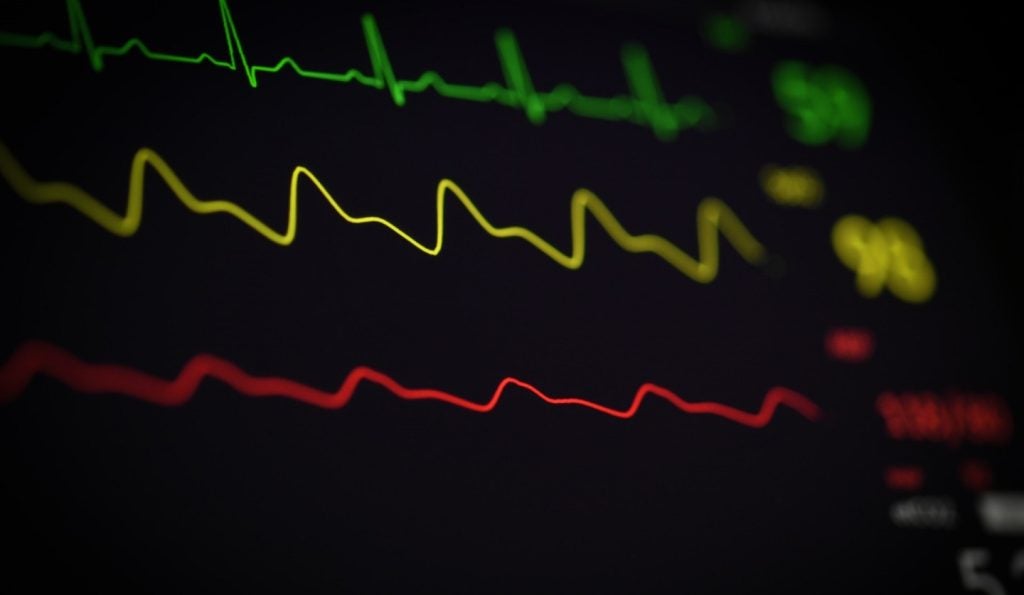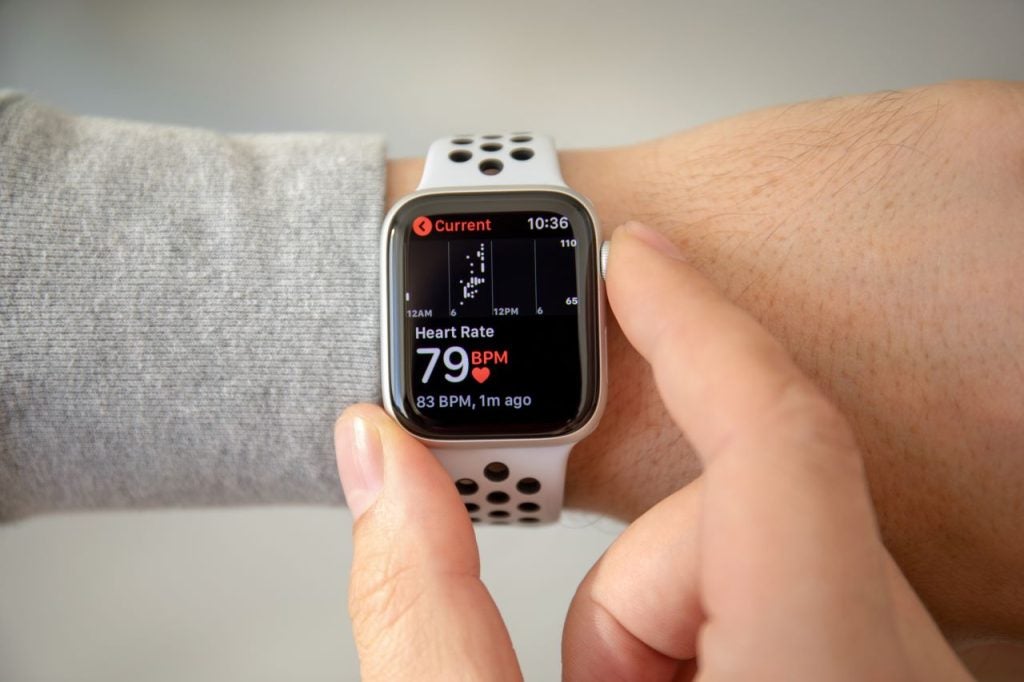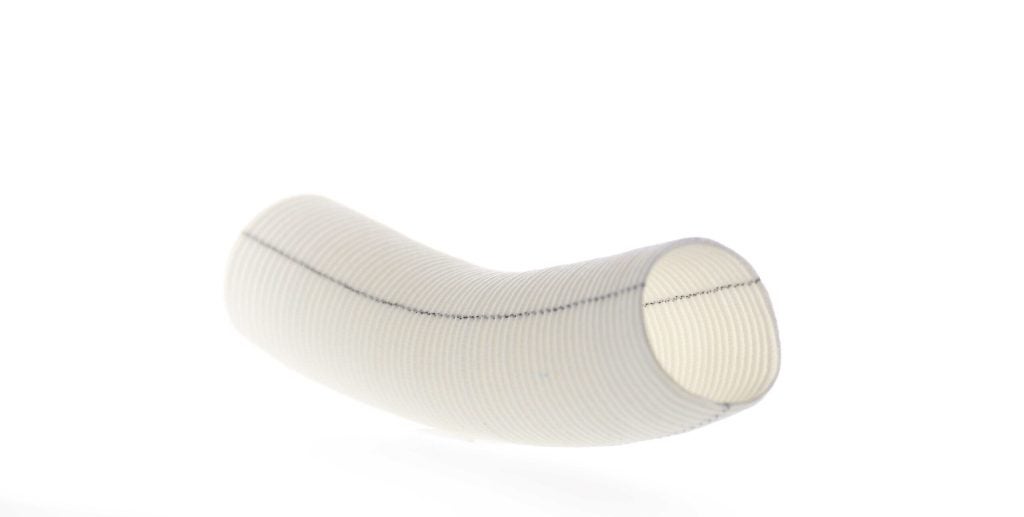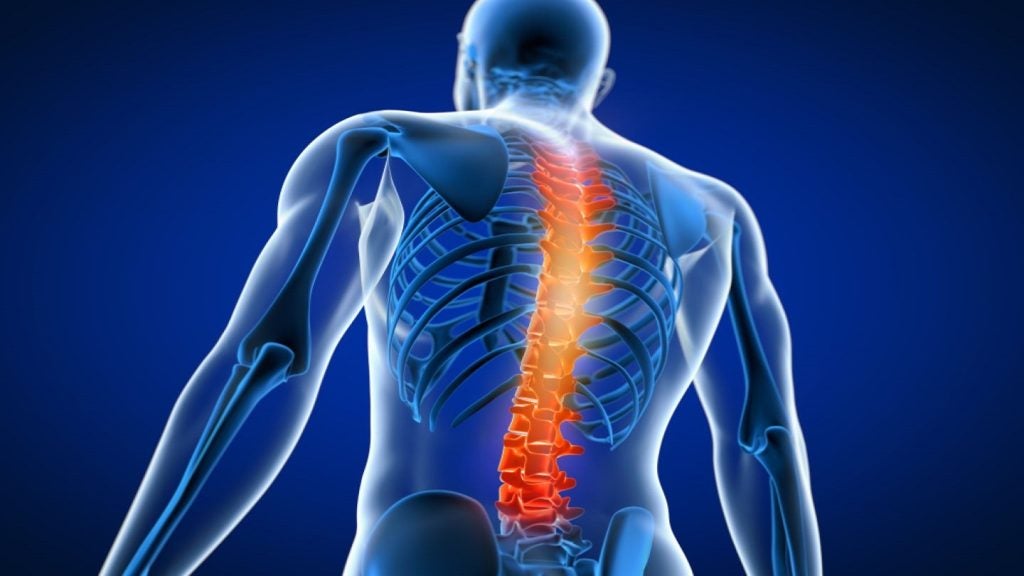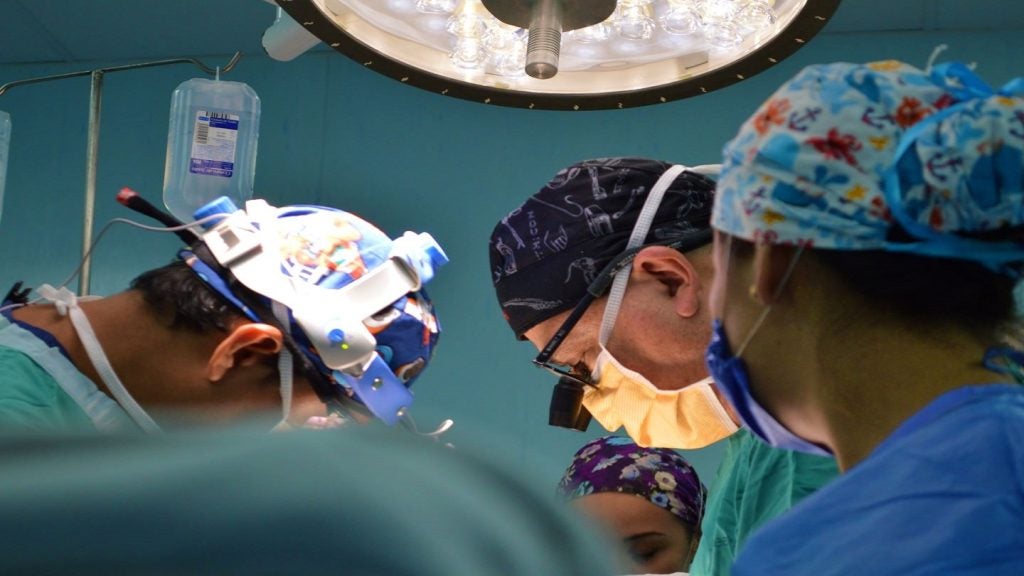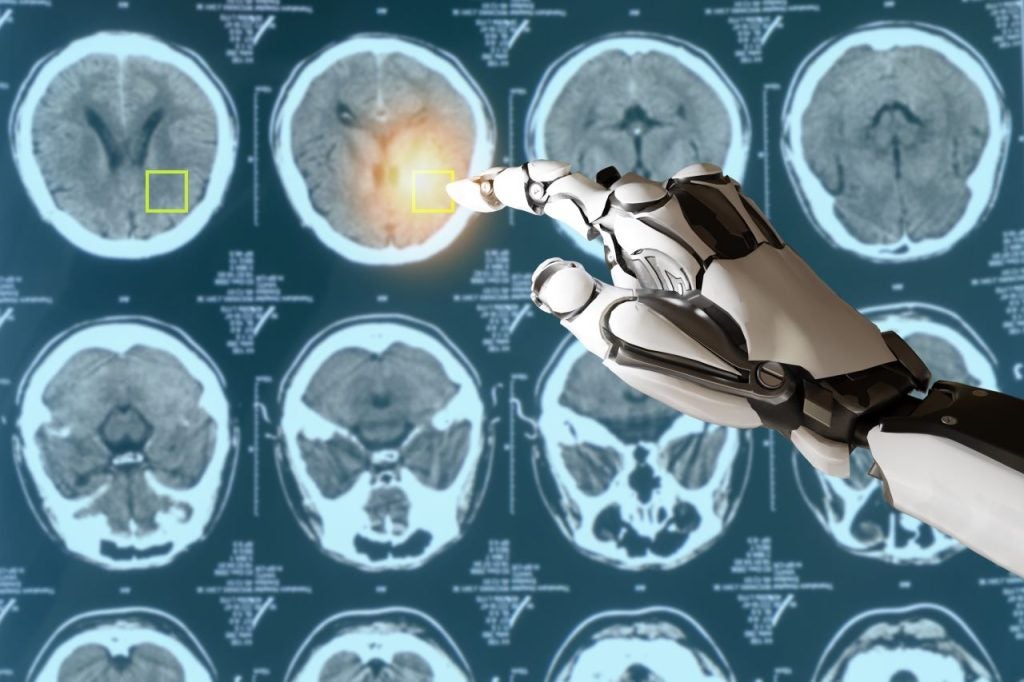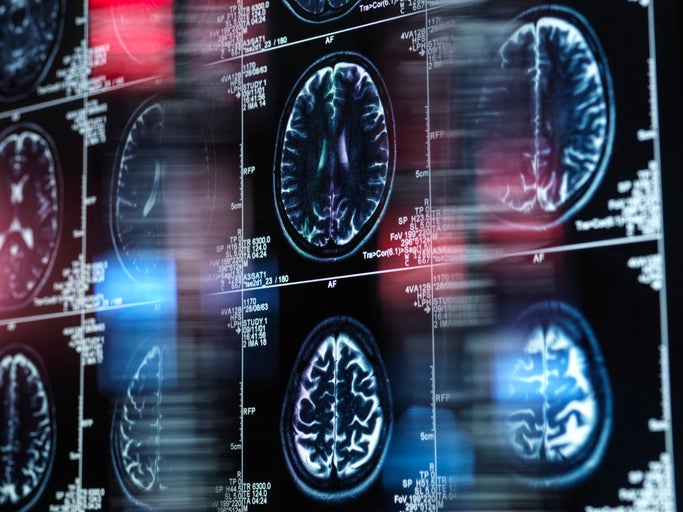The US Food and Drug Administration (FDA) has granted breakthrough device designation (BDD) for the electrocardiogram-artificial intelligence (ECG-AI) algorithm by AI-driven health technology company Anumana.
The algorithm is intended for the early detection of cardiac amyloidosis, an underdiagnosed cause of heart failure.
Anumana has worked with the Mayo Clinic to develop the ECG-AI algorithm.
The company previously signed a multi-year research agreement with Pfizer for the development of ECG-AI solutions to facilitate cardiac amyloidosis early identification.
Anumana’s Mayo Clinic board of advisers chair Paul Friedman said: “It is encouraging to see an algorithm that can aid in the identification of cardiac amyloidosis receive breakthrough device designation, as it recognises the importance of having new tools to detect rare cardiac diseases in ways never before possible.”
The company intends to carry out a retrospective clinical validation study and seek De Novo classification for the algorithm as software as a medical device (SaMD). It plans to integrate this algorithm into existing clinical workflows.
Along with the De Novo and SaMD classifications, it also aims to receive regulatory approval for the algorithm to identify cardiac amyloidosis in Japan, Europe and the US.
Anumana co-founder and chief scientific officer Venky Soundararajan said: “The ubiquitous nature of the painless, non-invasive Electrophysiology tests gives ECG-AI algorithms the potential to reach a larger number of patients earlier, something clinicians have long hoped for.
“Receiving the FDA breakthrough device designation for our Cardiac Amyloidosis ECG-AI Algorithm recognises the significant potential of this tool to detect disease early.”
Anumana, which is a portfolio company of nference, already secured clearance from the American Medical Association for its two CPT III Codes, to establish ECG-AI as a new procedure.


